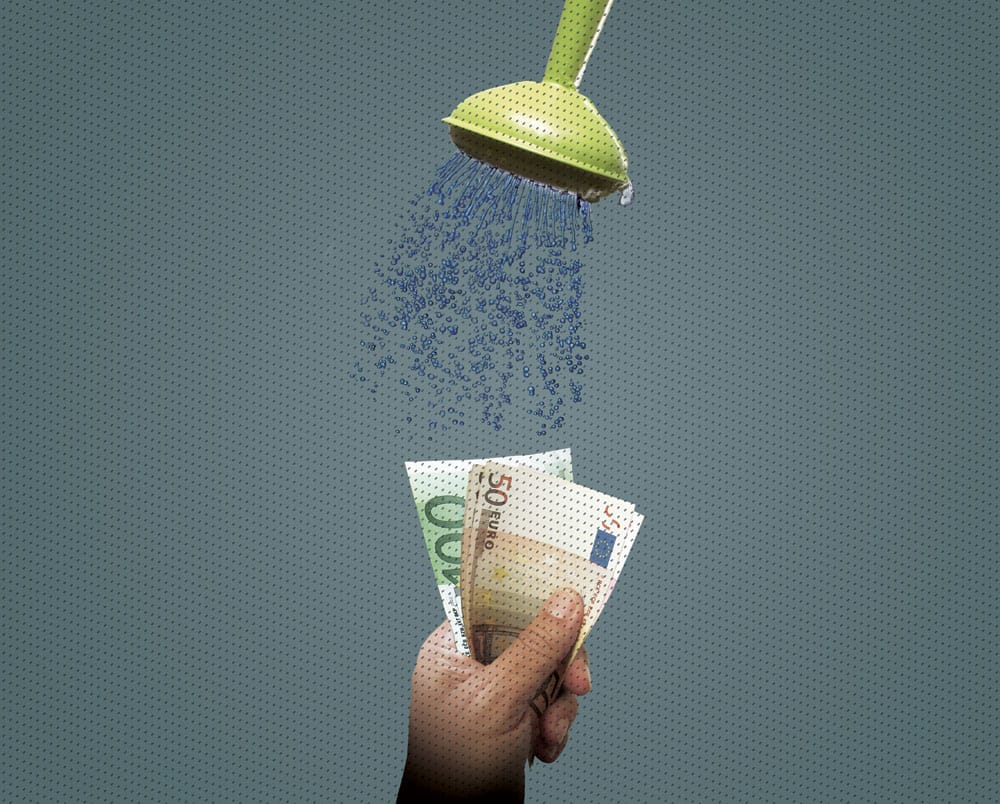Collaboration with stakeholders is key to the success of the life sciences industry in Ireland, and is crucial in driving growth for the economy, writes John Holden.
Ireland’s life sciences sector currently employs over 50,000 people and counting. With combined exports from bio-pharmachemical and medtech sectors amounting to €58bn in 2012, Ireland is now recognised as a global player in the medical technologies sector.
Our centres of excellence match any others worldwide. Continued success in this area is down to the healthy mix of stakeholders, already present in the country – business people, researchers, and clinicians. Enterprise Ireland is working to bring these groups even closer together.
Scope and opportunity
Both large multinationals and a growing number of indigenous companies make up the market. “We have about 250 life sciences companies within Enterprise Ireland’s scope that are spread out across a variety of areas,” explains Tom Kelly, divisional manager for Cleantech, Electronics and Life Sciences.
“The companies we work with come in all shapes and sizes. We work with small enterprises at a developmental stage all the way up to the highest levels in the pharmaceuticals area: generic manufacturers of vet medicine like Chanelle and Univet, for example. In other words, well-established successful companies, with proven track records in international markets.”
Kelly adds: “At the other end in medical technology we also work with people, many of whom have come from precision engineering. They may have concentrated and built their expertise initially as sub suppliers, but now their aim is to go beyond Irish shores and in some instances develop their own products.”
Exports and employment
In 2012, the 250 medical technology companies working with Enterprise Ireland contributed over €1bn in sales, €780m in exports and employed over 6,000 people.
Of the various seed funds established under Enterprise Ireland’s 2007-2012 Seed and Venture Capital Scheme, new medical technology start-ups have been key recipients of funding. Each year, new start-ups are setting up and thriving in this booming sector.
On the bio-pharmachemical side, Enterprise Ireland is involved with approximately 100 companies. In 2012, the sector had over €450m in exports and employed 2,500 people. These companies are working in some of the most heavily regulated industries in business, which means high standards are a prerequisite.
But Ireland’s indigenous life sciences workforce would already be well aware of this as so many began their careers working in related multinational corporations (MNC). “It’s one of the great additional benefits that comes from having a robust MNC presence here,” says Kelly. “It creates the right environment for a strong indigenous base.”
Global sourcing
Sub suppliers are also supported. “We are very keen to further develop the sub supply sector,” says Kelly. “We refer to this as global sourcing. We are dealing with MNCs on a daily basis and recognise the importance of sourcing locally and globally, depending on where the best offers are. We want our companies to be the best when it comes to sub supplying.”
Enterprise Ireland enjoys a strong relationship with the Irish Medical Devices Association (IMDA). “They are vital in maintaining continued progress in the sector,” he says. “We collaborate with them in hosting the Irish Medical Technology Industry Awards. It’s great to see so many companies from the indigenous sector competing for the prizes alongside the many strong MNCs with established presences in Ireland.”
Key stakeholders
In addition, Enterprise Ireland over the last decade has hosted a biannual event. “Med in Ireland focuses on bringing all the stakeholders together,” says Kelly. “It’s an opportunity for companies, clinicians and researchers to interact with the large number of overseas buyers attending as delegates. Its aim is to position Ireland’s indigenous med-tech sector as a leading supplier of medical technologies and to secure multiple millions of contracts for its goods and services.”
In 2013, 900 delegates attended with 340 key decision makers brought in from 42 countries. These were linked with 81 exhibiting indigenous enterprises and close to 1,500 one-to-one meetings were organised. It was the largest medical technologies event ever to be held in Ireland.
The future strategy is to continue to forge even greater links between industry, the academic research community and the clinician community.
“They all play a vital role,” says Kelly. “It is also crucial that we continue to support life sciences multinational companies based here, ensuring that they have the right conditions, infrastructure and eco-system such that they continue to feel like this is the best place for them to do business.”
For more information on Enterprise Ireland and the supports available to enterprises, log on to enterprise-ireland.com






